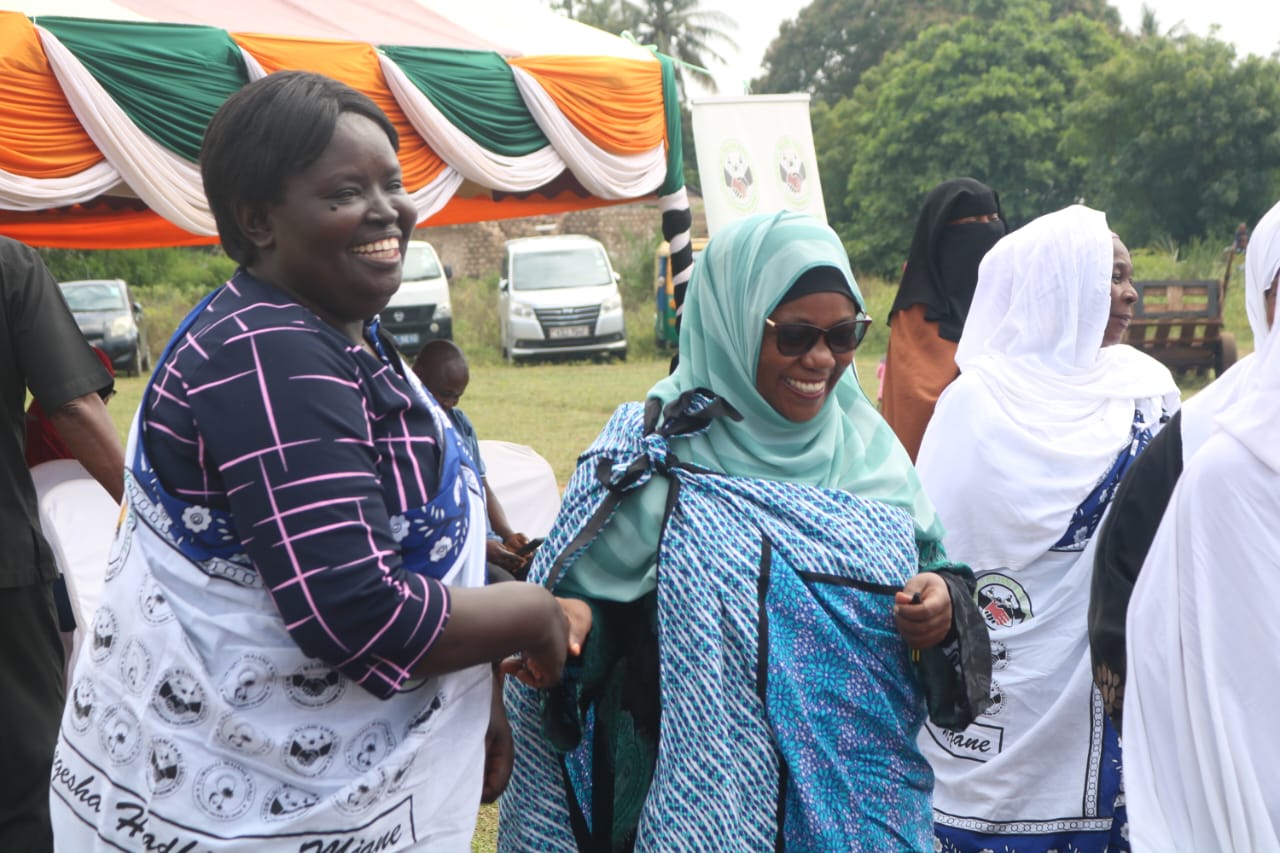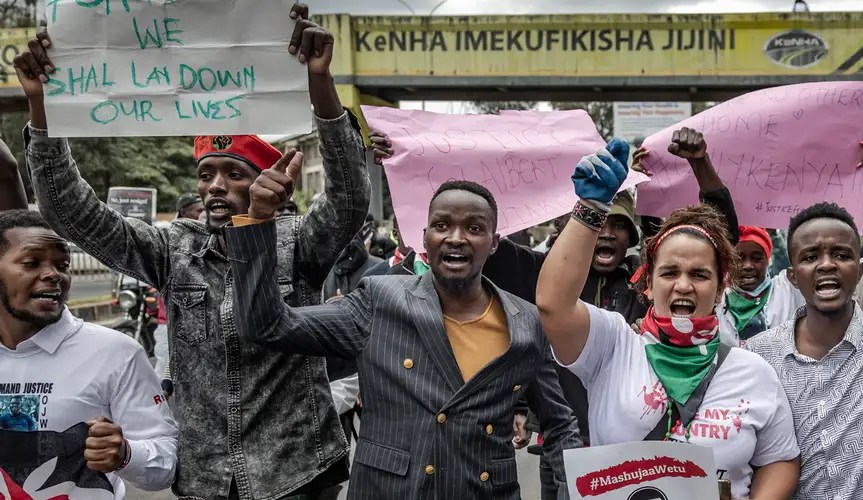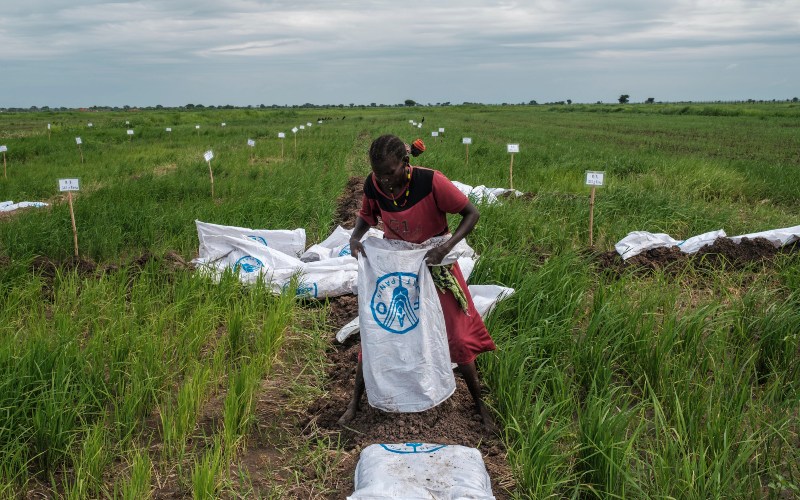Kwale records decline in teen pregnancy, SGBV amid school and community interventions

Kwale was among the counties that led in teenage pregnancy after Kilifi but due to advocacy, the narrative is changing.
Teenage pregnancies in Kwale have dropped by 15 per cent in the last year, statistics by the gender department show, attributing this to school and community interventions by the county and civil society.
Kwale was among the counties that led in teenage pregnancy after Kilifi but due to advocacy, the narrative is changing.
Gender and Youth Officer Nelly Amoite said on Sunday, during an event at Vingujini in Msambweni Sub-county that marked International Widows Day, that they were optimistic about a further drop in the figures.
"We have witnessed the drop and it is motivating. This tells us that our efforts in sensitising girls and the community are effective," she said, adding that cases of sexual and gender-based violence (SGBV) had also declined.
"Previously, women who are mostly victims of SGBV remained silent for fear of being victimised but through various initiatives to empower women, we have seen women come forward to report the violence. As a result, the cases have tremendously gone down. Perpetrators are now afraid," she said.
Amoite further said the government has been working to ensure that adolescent girls get an education by providing them with sanitary towels, as the lack of these products is a primary reason why they miss school and end up engaging in bad behaviour.
Initiatives such as the Keeping Girls in the Picture campaign have helped address teenage pregnancies and GBV in the region.
Rehema Rai, a member of the Hijabi mentorship programme, said the community-based organisation focuses on educating girls about various forms of GBV, sexual and reproductive health, and education.
Rehema said sex education is a taboo subject among parents in Kwale County but that through awareness campaigns, girls have been able to understand themselves.
She said their initiative seeks to empower girls by promoting access, retention and completion of education for teen mothers in school.
"Some girls we have mentored knew very little about sex education and learned everything from friends. Our programmes focused more on educating the girls and encouraging parents to be open with them about reproductive health," she explained, adding that they have been able to reintegrate more than 50 teen moms into school.
"We have encouraged teen moms to get an education so that they do not fall into the shackles of GBV by depending on other people for their needs," she said.
Top Stories Today













































